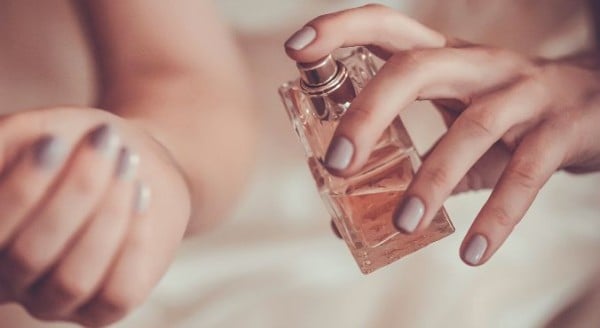Viewers of The Project last night may have struggled to watch one particular segment about things you find on a beach.
After a story about a man who discovered a gold nugget worth $250,000, co-host Ryan ‘Fitzy’ Fitzgerald shared his own nugget of wisdom. About whale vomit.
“A friend of the family found some whale vomit. There’s an ingredient in dried whale vomit that perfume companies use because it’s so potent and that’s what they use in perfume to have it actually last longer,” he said.
“He got paid $50,000 for whale vomit.”
The panellists’ expressions said it all.






























































































